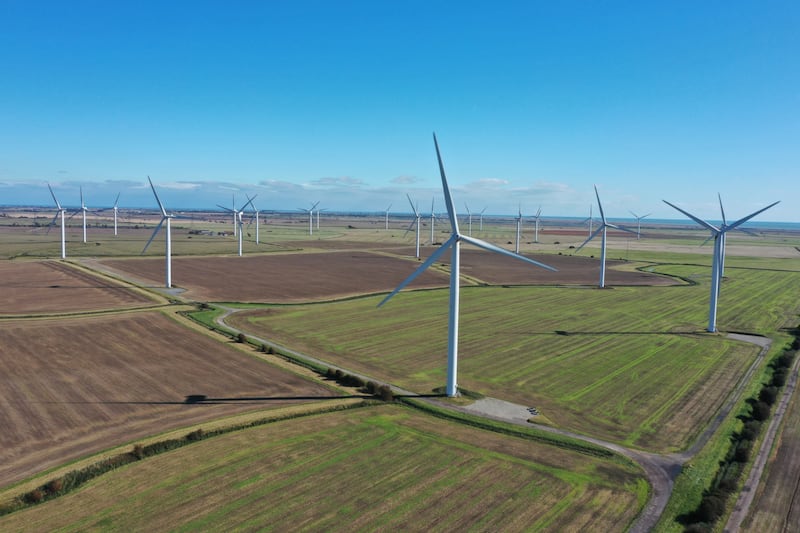BUILDING a network of better roads across Ireland will not cause higher pollution levels, business chiefs said.
Corporate leaders on both sides of the border called for a comprehensive all-island motorway and dual carriageway system costing €11.6 billion (£9.7 billion).
Most cars should be electric or driverless in the coming decades, according to a report published by the Confederation of British Industry in Northern Ireland and Ibec.
It said: "There are sufficient data and advancements in vehicle technology to provide conclusive evidence that when fully built, the All Island Investment Project's comprehensive network will not result in higher pollution levels.
"In fact, as a percentage, emissions from vehicles will be lower relative to the size of the population."
The plan envisaged completion of routes already in development like upgrades to the Belfast to Derry road and the entire north west and the M1/A1 Sprucefield bypass to better link Dublin and Belfast.
It also predicted major upgrades to the N20 from Cork to Limerick; the capacity of the M50; the N15 linking Letterkenny to Sligo and the A5 route extension to Letterkenny.
Development would mean 85 per cent of the island's rapidly-growing population living within 10km/6.25 miles of their nearest inter-urban route.
The cost would be €72.5 (£60.8) per year per person working, the dossier said. Finance could be raised as a long term bond, with a currently achievable fixed interest rate of 2.5 per cent.
"This will place the island of Ireland among the world's leaders in transport infrastructure development and carbon reduction."
Technology advances to diesel and electric-powered trains have already significantly improved rail's carbon footprint.
The review added: "Today we are seeing the early moves towards equivalent improvements in fuel technologies used in road transport vehicles.
"This will take market share away from traditional fossil fuels over the next 20 to 25 years."
The research said the economic and population growth in Ireland caused growing demand on the network and created a compelling case for the proposal as an immediate strategic investment priority.
"Enhancing transport infrastructure across the island is a priority for advancing and protecting interests on both sides of the border, post-Brexit.
"There is now an immediate urgency to ensure that interests across the island of Ireland are protected and advanced, as we move towards formal exit negotiations."








